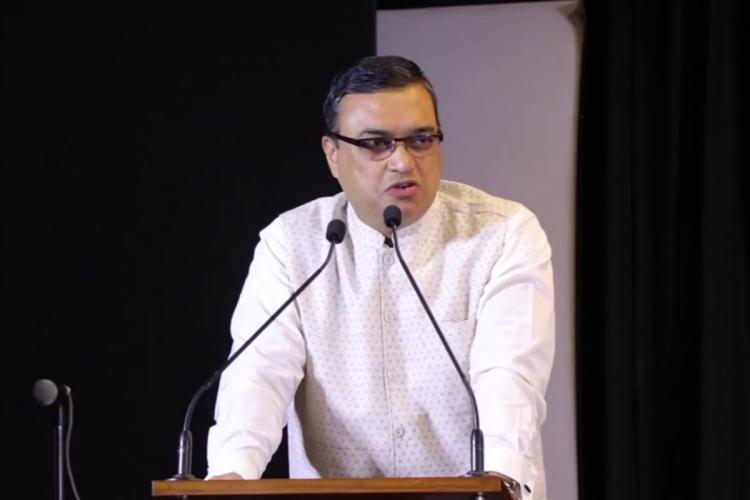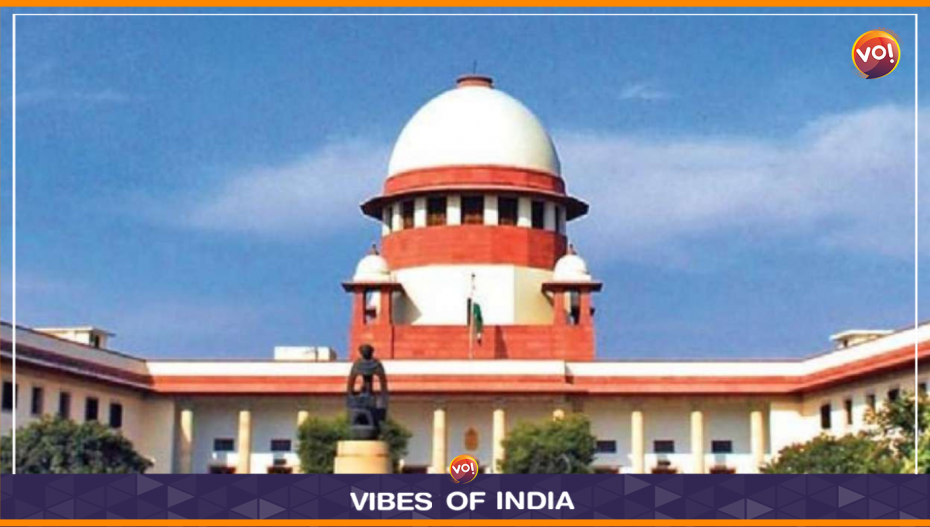Supreme Court judge Justice Dipankar Datta, while hearing a case by a petitioner from West Bengal, said Hindi is the national language of India and as such, the communication must be done in Hindi.

Justice Dipankar Datta said, “In a country as diverse as India, it is no doubt true that people speak different languages. There are at least 22 (twenty-two) official languages. However, Hindi being the national language, it is expected of the witnesses who would be produced by the petitioner before an MACT court in Uttar Pradesh, to communicate and convey their version in Hindi.”
The judge asked the witnesses of the case to learn to communicate in Hindi as it’s the national language of the country.
The judge was hearing a petition in which the petitioner who hails from West Bengal wanted a case not to be tried in an Motor Accident Claims Tribunal (MACT) Farrukhabad, due to his inability to understand Hindi.The petitioner of the case had requested for it to be heard from MACT Darjeeling as Hindi was a language barrier for the witnesses. However, justice Dipankar Datta rejected the plea of transfer.
However, it must be noted that officially Hindi has never been designated as the national language of the country,The judge’s version that Hindi is the national language, is an erroneous notion that many others in the country have. In reality, in 1950, the Constitution declared both Hindi and English to be used as official languages for 15 years, be it in Parliament, union government to state government communication or intra-state communication.
Although the plan was to make Hindi the official language from 1965, Tamil Nadu erupted in protest against it. The protests which continued for days from January 26, 1965 turned into riots in February that year, forcing the then Prime Minister Lal Bahadur Shastri to announce that both Hindi and English would continue as official languages.
An amendment was made to the Official Languages Act to this effect in 1967. There have been regular objections and opposition to the implementation of Hindi language even in official communication in many states, as they call it an ‘imposition’ by Hindi-centric forces at the cost of their own regional language.
Meanwhile, the constitution recognises 22 languages including Bengali, Kannada, Tamil, Telugu and Malayalam under the eighth schedule. These are all official languages of the country, along with Hindi and English.













